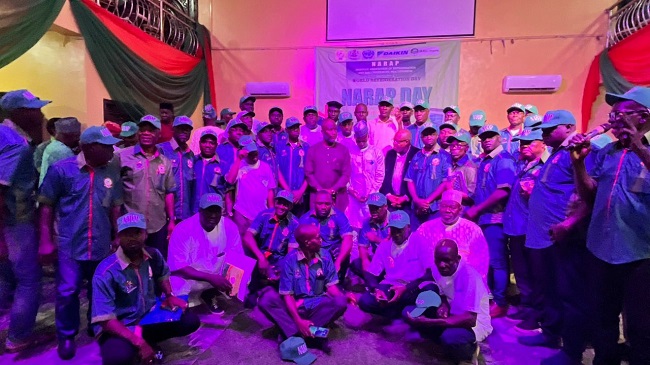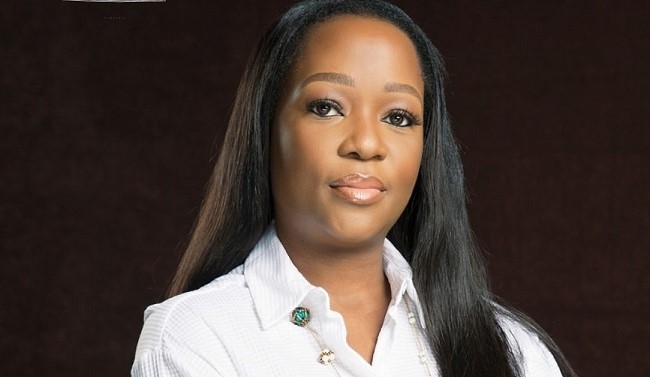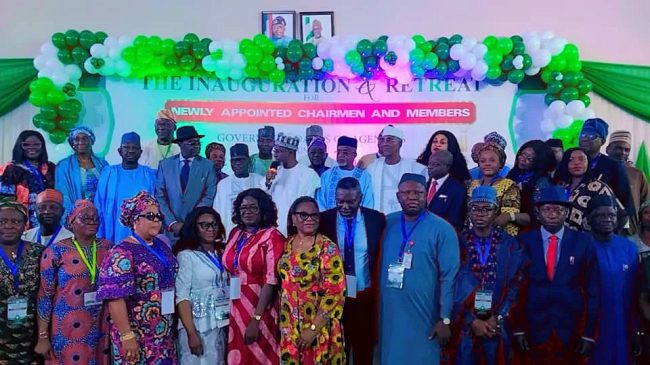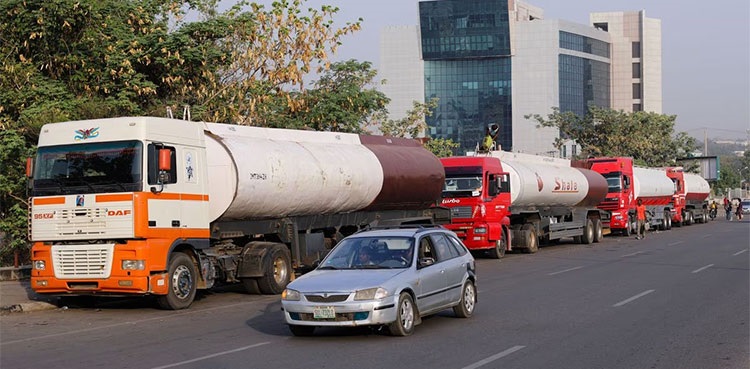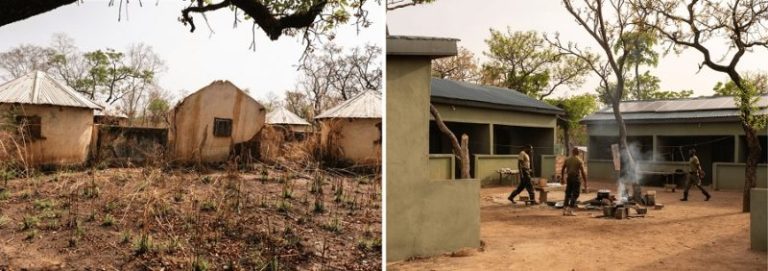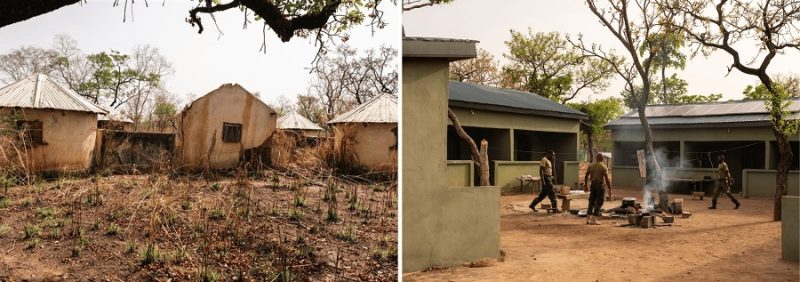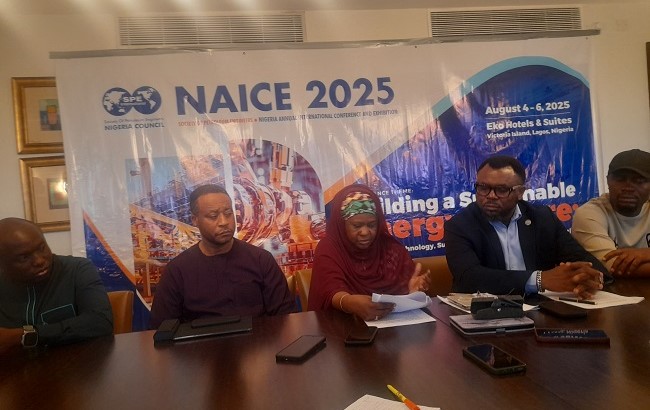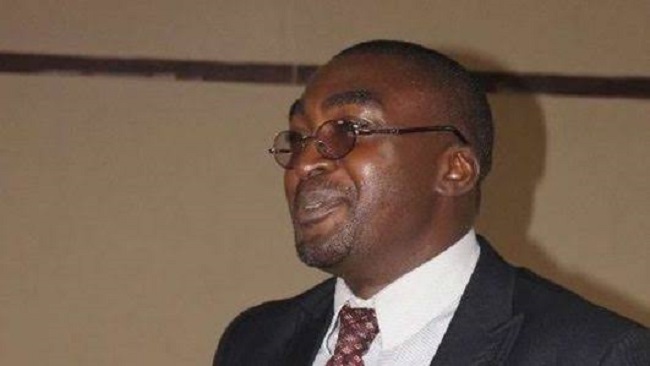Next week, governments from around the world will gather in Geneva for what may be one of the most consequential environmental negotiations of our generation: the second part of the fifth session of the Intergovernmental Negotiating Committee (INC-5.2) for a Global Plastic Treaty.
As the world edges closer to finalising a legally binding instrument to end plastic pollution, Nigeria must be ready not only to stand with ambition but to act on it. Whatever is decided in Geneva will shape the way our communities, our governments, and our future generations deal with plastic for decades to come.
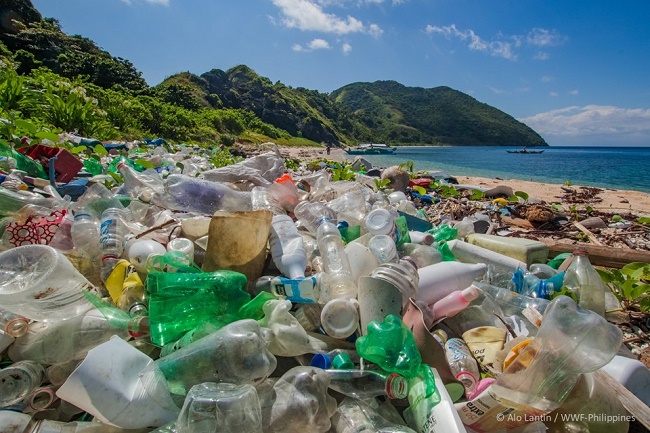
A bold treaty agreement that addresses plastics throughout their entire life cycle will bring significant benefits to Nigeria. It will enable us to move beyond our current patchwork of waste management strategies and establish a comprehensive national approach that includes upstream actions aimed at reducing plastic production and consumption at the source, and investing in effective solutions like reuse and refill systems.
1. Strengthening Our National Policy Where It Matters Most
Nigeria’s National Policy on Plastic Waste, launched in 2020, was a step forward – but its strength mainly lies in downstream waste management. The policy offers guidance on addressing the symptoms of plastic pollution but provides little to prevent the root cause: the overproduction and overconsumption of single-use plastic.
An ambitious plastic treaty would provide Nigeria with a crucial global framework to align with, focusing on upstream solutions like design standards, reuse targets, and restrictions on problematic polymers. It would drive the necessary revision of our national policy, strengthening measures before plastic even enters the market.
2. Reinvigorating State-Level Action and Correcting Course
Subnational leadership is critical in a federal system like Nigeria’s. While the national government can set the tone, implementation happens in our states and communities.
Lagos, for instance, has been a pioneer. As Africa’s most populous city and economic powerhouse, Lagos developed a subnational policy on plastic pollution with clear aspirations. But that leadership has too often been undermined by the promotion of outdated and false solutions, including costly waste-to-energy incineration schemes that are being phased out in many developed countries due to their environmental, health, and economic drawbacks.
Rather than trap us in dirty technologies of the past, the treaty can provide clarity, accountability, and funding for real solutions – ones that reduce plastic production, incentivize reuse, and protect public health.
This is where the Local and Subnational Government Coalition, launched under the treaty process and already supported by over 100 local governments worldwide, becomes so critical. With our states’ active participation, the Coalition’s momentum can translate into real policy shifts across our 36 states. It provides a platform for peer learning, global collaboration, and aligning local actions with global ambitions.
A Model That Works: Ondo State’s Reuse Leadership
If you’re looking for what local impact could truly look like in Nigeria, look no further than Ondo State. In 2025, the state launched the Ondo State Reuse Working Group (SRWG), a multi-stakeholder platform that brings together policymakers, academia, entrepreneurs, civil society, informal workers, and development banks to co-develop inclusive reuse systems.
In just a short time, the SRWG has created a roadmap to mainstream reuse and refill solutions across the state, supported grassroots innovation, engaged local governments and informal sectors, and piloted community-driven models that reduce plastic use while boosting local livelihoods. The Group’s work demonstrates how state-level coordination rooted in reuse, equity, and circular economy principles can become a blueprint for others.
The SRWG shows that ending plastic pollution doesn’t have to mean job losses or economic hardship. On the contrary, it can drive green jobs, support youth and women entrepreneurs, and build resilient local economies. But scaling this kind of work across Nigeria requires enabling national policies, subnational coordination, and global financial support, all of which the plastic treaty can help unlock.
3. Unlocking Finance and Innovation for the Informal Sector
One of the most promising aspects of the treaty negotiations is the push for a financial mechanism, including options like a polymer fee that would require plastic producers to contribute to a global fund for implementation.
This is not just about climate justice, it’s about practical support. Nigeria, like many developing countries, cannot bear the costs of transition alone. If the treaty includes strong financial provisions, it could unlock predictable and fair funding to support the transition to circular systems, especially for informal waste workers who are the backbone of our current recycling efforts.
With the right support, Nigeria could build inclusive, formalized systems that elevate waste pickers into entrepreneurs, cooperatives, and essential service providers, while also reducing our reliance on single-use plastics. It would also help deliver on our climate goals, reduce toxic exposure, and improve public health.
The Moment is Now!
From Lagos to Ondo, and from Abuja to Geneva, the plastic pollution crisis connects us all, but so does the opportunity to solve it.
A bold plastic treaty will not solve all of Nigeria’s challenges overnight. But it can create the framework, the resources, and the momentum we need to reimagine our plastic systems from the ground up. It can give our national and state governments the tools and backing to shift away from plastic dependency, empower youth and women-led reuse innovations, and transition the informal sector into the champions of a new circular economy.
The world is watching Geneva. But here in Nigeria, we should be preparing to lead.
The road to Geneva is not just about plastic, it’s about justice, jobs, and a just transition. If the right deal is struck, Nigeria will be better equipped to leap from plastic pollution crisis to reuse-powered transformation.
It’s time for the global community to deliver and for Nigeria to rise!
Let’s not miss this chance.
By Ahmed Tiamiyu, Executive Director, Community Action Against Plastic Waste (CAPws)

